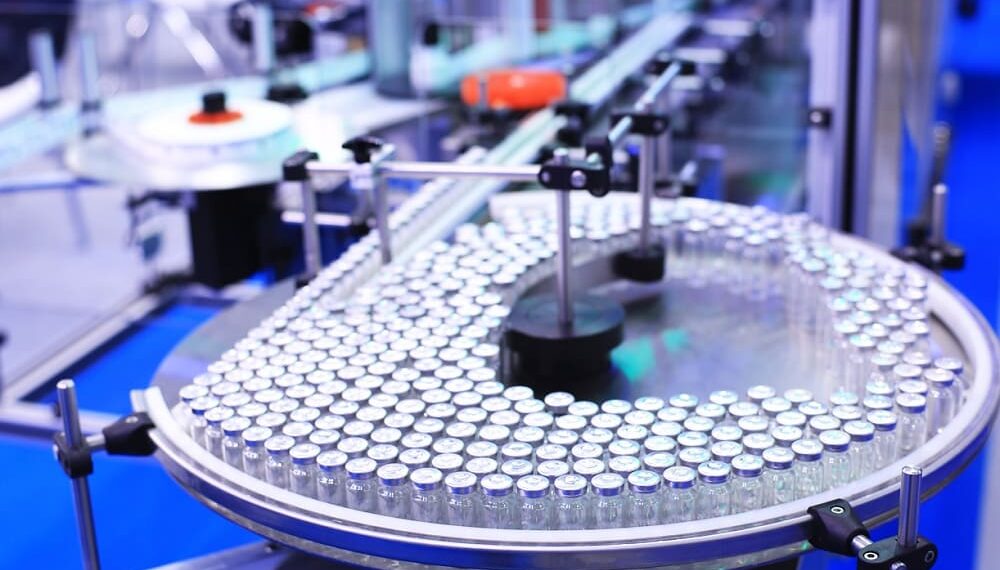WHO along with its academy and the Republic of Korea, have announced the inception of a global bio manufacturing training hub that will be of assistance to low and mid-income countries who are inclined to develop biologicals ranging from vaccines and insulin to cancer treatments and monoclonal antibodies.
The establishment comes after a global mRNA vaccine tech transfer hub was setup in South Africa. As per WHO’s DG, Dr. Tedros Adhanom Ghebreyesus, one of the many barriers when it comes to successful tech transfer in low and middle-income countries is the lack of skilled manpower and also regulatory norms that are pretty weak. By building the required skills, these countries will ensure that they are able to develop high-quality standard products that they need and, thereby, will not have to wait for their turn at the end of the queue, as is usually the case.
It is well to be taken into account that the government of the Republic of Korea has come up with a large facility outside the capital of Seoul which has already begun to carry out biomanufacturing training for companies based within the country. They now intend to train trainees from other countries in their facility, which will provide technical as well as hands-on support for operational and GMP requirements.This will be in line with the exclusive training developed by the mRNA vaccine technology hub based in South Africa.
Kwon Deol-cheol, Health and Welfare Minister of South Korea, states that 60 years ago, Korea was regarded as one of the poorest countries in the world, but with the guidance of WHO and the international community, they have transformed into a country with a robust public health system as well as a bio industry.
Because of their own experiences from the past, today they strive to support countries that are poor and ensure that their bio manufacturing is strengthened so that a safer place can be created during a future pandemic. WHO is also in the midst of intensifying the regulatory system through its global benchmarking tool, which is a yardstick that gauges the maturity level of regulatory authorities. This tool would serve as the most pivotal parameter when it comes to the WHO authorities list.
Significantly, five countries—Pakistan, Serbia, Bangladesh, Vietnam, and Indonesia—will receive all the support from South Africa’s global mRNA hub. With targeted training, the mentioned countries were vetted by experts and also established the fact that they had what was required for tech absorption. With this training, they will be able to swiftly move towards the production stage.
As per Retno Lestari Priansari Marsudi, Foreign Affairs Minister, Indonesia, their country happens to be one of those that has always supported equal access to COVID-19 vaccines in all the territories by way of transfer of vaccine technology to underdeveloped economies.
Dr. Zlatibor Loncar, Serbian Health Minister, says that the development of new technology will pave the way for the professional knowledge of Serbian experts, which, according to him, is a national priority. Vietnam’s Health Minister, Dr. Nguyen Thanh Long, says that being a developing country, Vietnam has a fair amount of experience in vaccine development when it comes to the past few decades. By participating in this initiative, mRNA vaccines will be produced on a large scale in their country, not only for domestic consumption but for other countries in the world, which will help in the eradication of inequalities in vaccine access.
It is well to be noted that Brazil and Argentina were the first countries from the Americas to join this initiative and get the mRNA tech from the global hub. Companies from both these countries have since then received apt training from the hub.



















